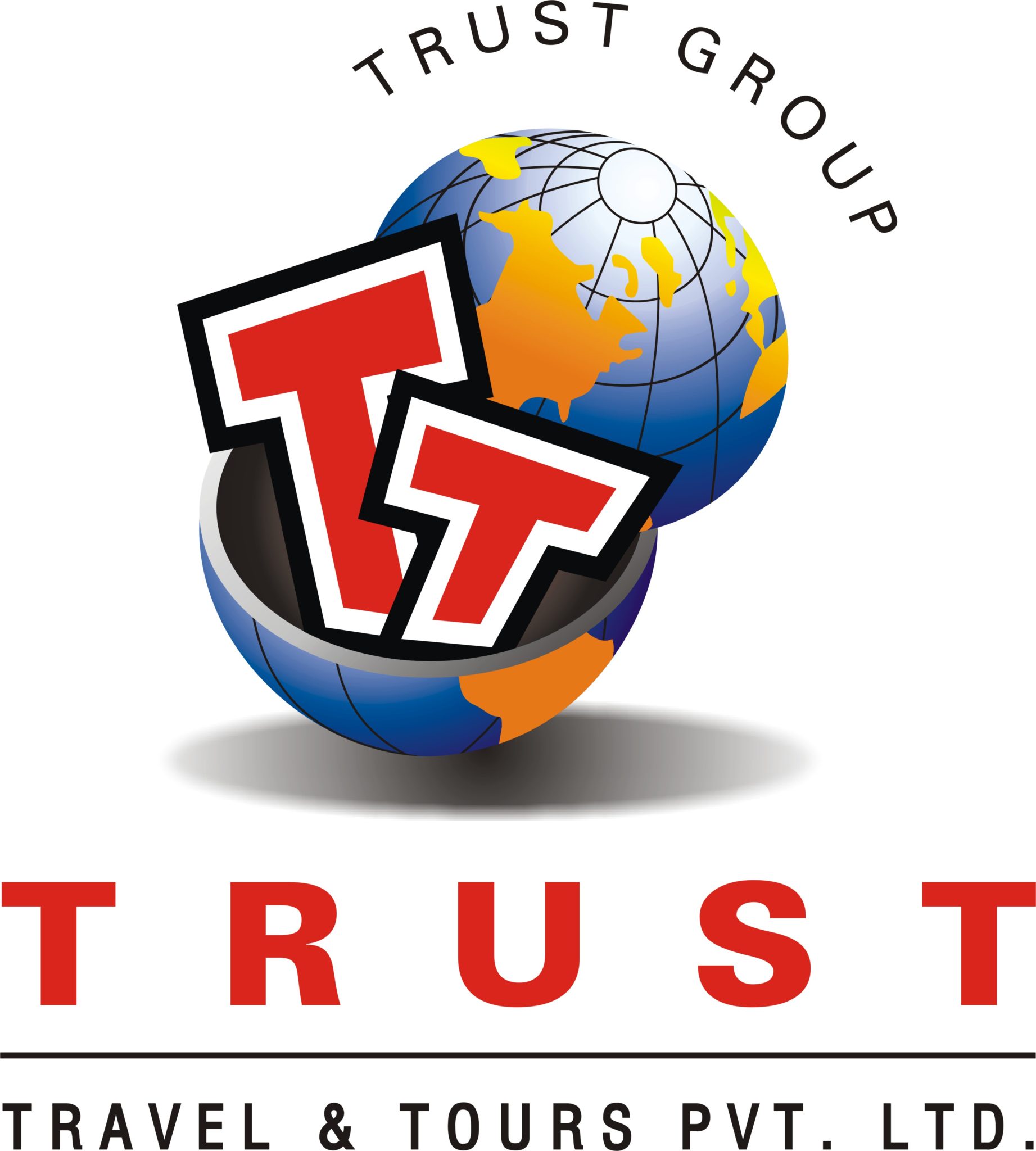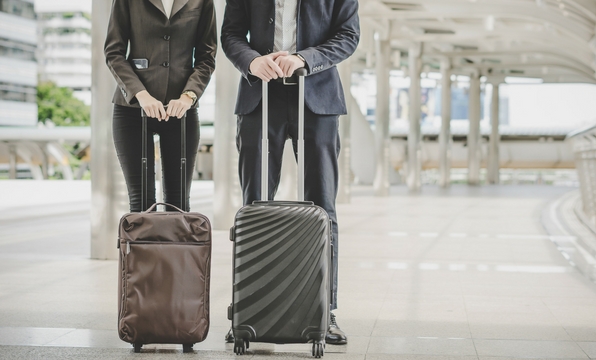How to Prepare for International Travel
International Travel can be a wonderful experience full of fun, history, and culture. It’s important to prepare before you take your trip so that you’ll have the best time possible, and avoid mishaps like not being able to charge your cell phone or having your credit card declined. You’ll need to plan your trip a few weeks ahead of time to receive your immunizations, passport, and travel visa. You can purchase a guidebook to learn more about the destination country’s customs and language.
1.Get a passport
You need at least two passport-size photos, your birth certificate, and one other form of identification that proves your citizenship in your country of origin. If you already have a passport, ensure that it has at least 6 months left before its expiration date. Some countries will not issue a visa to you if your passport expires in less than 6 months.If you don’t already have a passport, you’ll need to allow 4-6 weeks for processing, so be sure to start this process ahead of time.
2.Check your destination’s visa requirements
If your destination country and country of origin both participate in the Visa Waiver Program, you won’t be required to pre-arrange a visa. Other non-participating countries may require you to apply for a tourist visa (and get that visa approved) before you arrive. This can be a costly and time-consuming step, so be sure to get it out of the way ahead of time.Some countries require that tourists pay entrance and exit fees, so find out if this is applicable to your trip and be prepared to pay the fees.U.S. citizens can visit the website for the U.S. Department of State to find out the visa requirements for traveling to foreign countries.
3.Receive the recommended immunizations
You may need to begin immunization injections many months in advance. Immunizations are usually optional but recommended for tourist travel in certain parts of the world. For some countries, you need no immunizations at all.Check out the Center for Disease Control website to learn which immunizations are recommended or required based on your destination.
4.Purchase health and travel insurance
If your health insurance policy doesn’t cover you while abroad, it’s wise to purchase health insurance that will be accepted in your destination country, just in case something should happen. Similarly, if your trip ends up getting canceled or postponed, purchasing travel insurance ahead of time can save you money, time, and a lot of hassle.
5.Decide where you will stay
You may choose to stay with friends or relatives or book a hotel or hostel while on your trip. Though it’s possible to make these decisions last-minute, you’ll feel more prepared if you have sorted out these details ahead of time. Research places to stay online and read reviews from other guests to find the best spot for your money.
6. Determine the best way to get around
Depending on the location, you may be able to walk, ride a bike, drive a car, or take a boat or train to get to your destination. It’s a good idea to look into this beforehand, so you know, for instance, if you’ll need a hotel close to the train station, or how to get a ticket for the subway.Many countries do not recognize a driver’s license from another country, so if you plan to drive while on your trip you’ll need to obtain an International Driving Permit. In the U.S., you can do so through AAA or the National Auto Club.
7.Study the native language
At the very least, you should know a few terms and phrases, such as “hello,” “please,” “thank you,” “my name is…” “what is your name?” and “where is the bathroom?” The more you can understand and speak the language, the better.
- You can take an introductory language course, purchase language-learning software, or get a language translation book before your trip.
- You can also try a language-learning app, like Duolingo, which is free and perfect for learning on-the-go.
8.Research the local atmosphere
Find an English language newspaper online for the country you are traveling to, then start reading about current events a month or so in advance. Familiarize yourself with sensitive issues.
9.Inquire about the local dress and customs
Do research online or buy a guidebook to help you navigate through these issues. Some countries may be more modest, while others have fewer restrictions.
10.Find out local etiquette to avoid embarrassment
It’s important to learn the rules of dress, touch, table manners, and speech before you go to a foreign country. Don’t offend your host by hugging upon arrival if that is not acceptable. Likewise, be ready for a kiss upon first meeting where that is expected.
11.Find out the international exchange rate
You can find international exchange rates by searching for currency converters online. For example, you could search “convert Nepalese rupees” to find the rate of that soft currency. Do some calculations and become familiar with what the foreign currency equals in your home currency.
12.Notify your bank of your trip
Some banks or credit card companies may decline your card if they aren’t aware that you are in a foreign country. Call the customer service center and let them know where you are going and how long you will be staying in order to avoid and delays or declines.
13.Add an international calling plan to your phone service
Many mobile phones will not work in locations other than your home country. Contact your service provider and inquire about international calling plans as well as data rates. Alternatively, you can purchase pre-paid calling cards before your trip and use a landline phone, such as in your hotel, to contact friends and family members back home.
14.Make copies of your travel documents or itinerary
It’s a good idea to make color copies of your passport, plane or train tickets, hotel reservations, etc. If you only have digital copies of your itinerary, you may have trouble accessing them without an Internet connection.Keep copies of all your travel documents in your luggage. It’s also a good idea to provide a friend or family member with copies in case your luggage gets lost or stolen.
Source: Wikihow


 TAFI Certified
TAFI Certified

